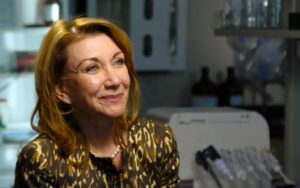The discovery – Ibogaine
For centuries, followers of the Bwiti religion in the West African nation of Gabon have used ibogaine in healing ceremonies and spiritual rituals. Taken in a right way in high enough doses and combinations of Ibogaine, the plant extract can cause a spiritual journey much more intense than psilocybin mushrooms, or some drugs with psychedelic trip like LSD.
That’s exactly what Howard Lotsof, a 19-year-old American heroin addict, was looking for when he decided to experiment with the hallucinogen in 1962. But he found something a little different. After a long and intense trip, he discovered that he had no cravings for heroin or any other drug. Even more incredibly, he had no withdrawal symptoms. So Lotsof gave ibogaine to seven friends also addicted to heroin. Five of them stopped using, saying their desire for the drug had been extinguished, at least temporarily, after just one use.
Lotsof spent the rest of his life championing ibogaine. He managed to drum up some interest in the United States, but after it was designated a Schedule 1 controlled substance by the Drug Enforcement Agency in 1967, his quest became harder.
 It was around that time that Deborah Mash, a neuroscientist researching addiction at the University of Miami first heard rumblings of an intriguing “magical cure.” Lotsof even called her himself.
It was around that time that Deborah Mash, a neuroscientist researching addiction at the University of Miami first heard rumblings of an intriguing “magical cure.” Lotsof even called her himself.
“I didn’t believe it. How could one molecule have an effect on alcohol, nicotine, cocaine and opiates?” she told America Tonight. “[It] didn’t make sense.”
So in 1992, Mash traveled to the Netherlands where trials were underway to see the so-called detox in action.
“I saw people who were at the end of the rope … look like new human beings, no signs of withdrawal, and ready to change their life,” Mash said. “And I thought what does this teach us about the brain? I need to know.”
Undeterred, Mash took matters into her own hands and opened a private clinical research center on the Caribbean island of St. Kitts in 1996, where she treated more than 300 patients with ibogaine and collected data for almost a decade.
“The thing we learned straight away was that the ibogaine detox was 98 percent effective for opiate withdrawals,” Mash said of its short-term detoxification rate. “I couldn’t believe it.”
The patients reported back no cravings for drugs, no desire to run out and get high and, perhaps most impressively, none of the usual painful withdrawals.
“We had people swimming in the Caribbean in two to three days,” she said.
About half of her patients were still clean and sober for at least a year after treatment. Mash, who has stayed in touch with a number of her patients, said that many are still clean today.


